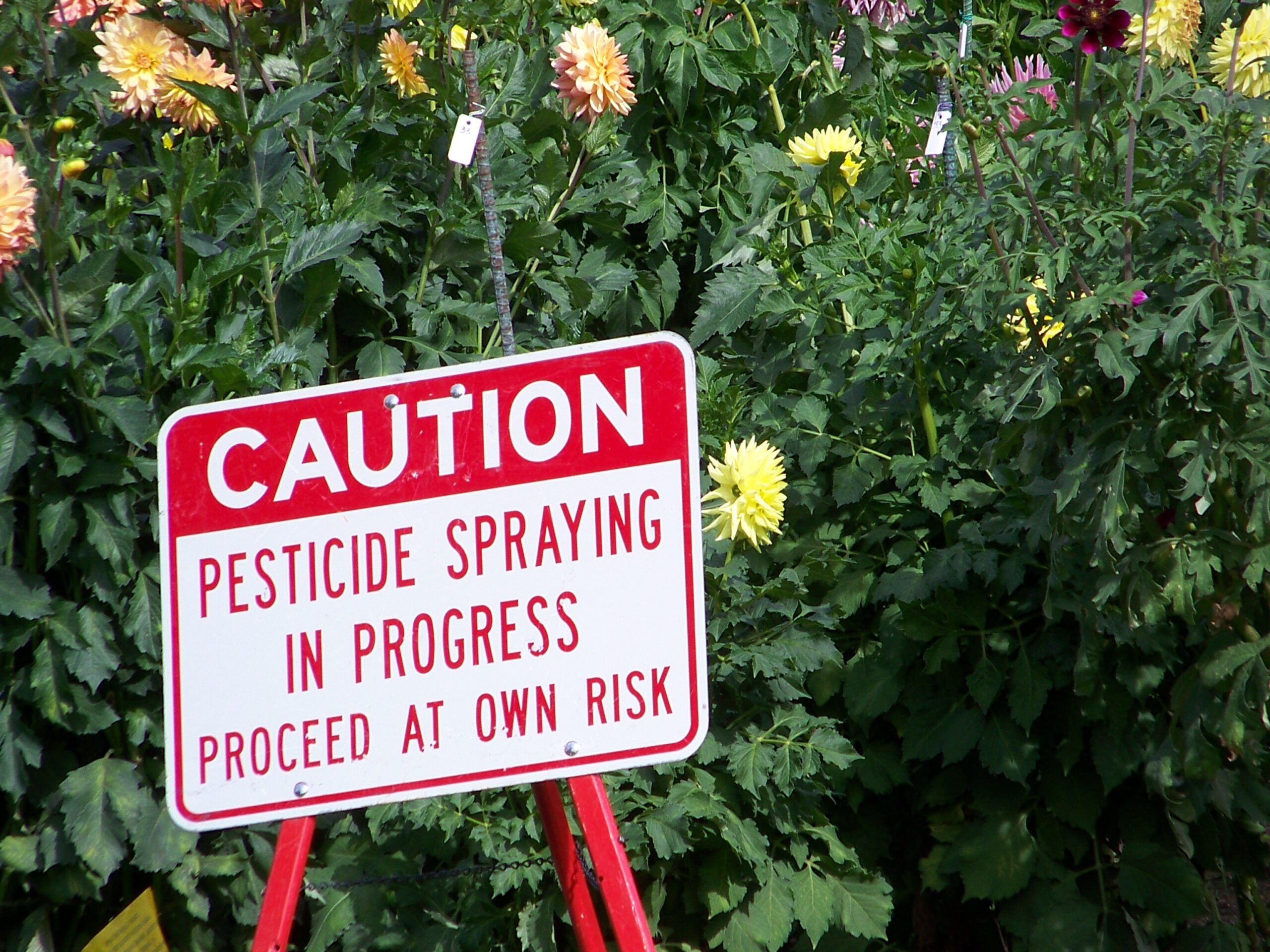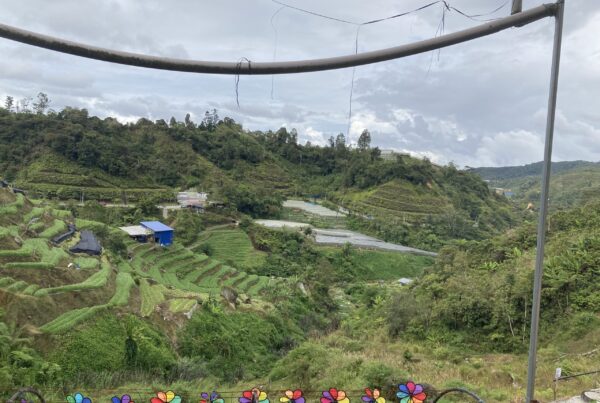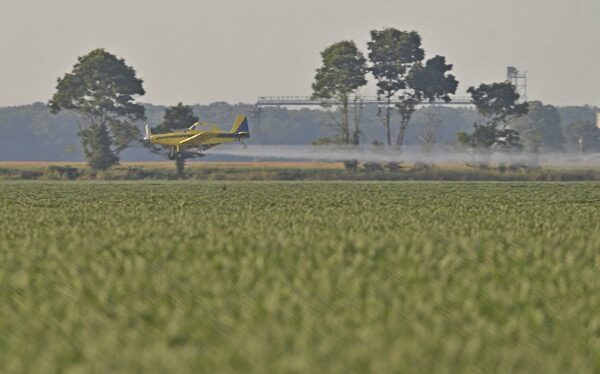By Lucia Argüelles.
A new series of contributions builds on the discussions taking place around political ecologies of pesticides in the 2022 Dimensions of Political Ecology Conference (DOPE).
Synthetic pesticides are technologies targeting organisms deemed threatening or surplus, such as fungus, insects, or weeds. They are used for ruling ecologies through death, favoring some forms of life over others.
However, the impacts of these chemicals reach further than the organisms that they target. Pesticides make and remake political ecologies from the field to the local, and are embedded in the unequal geographies of risk, and agricultural profitability.
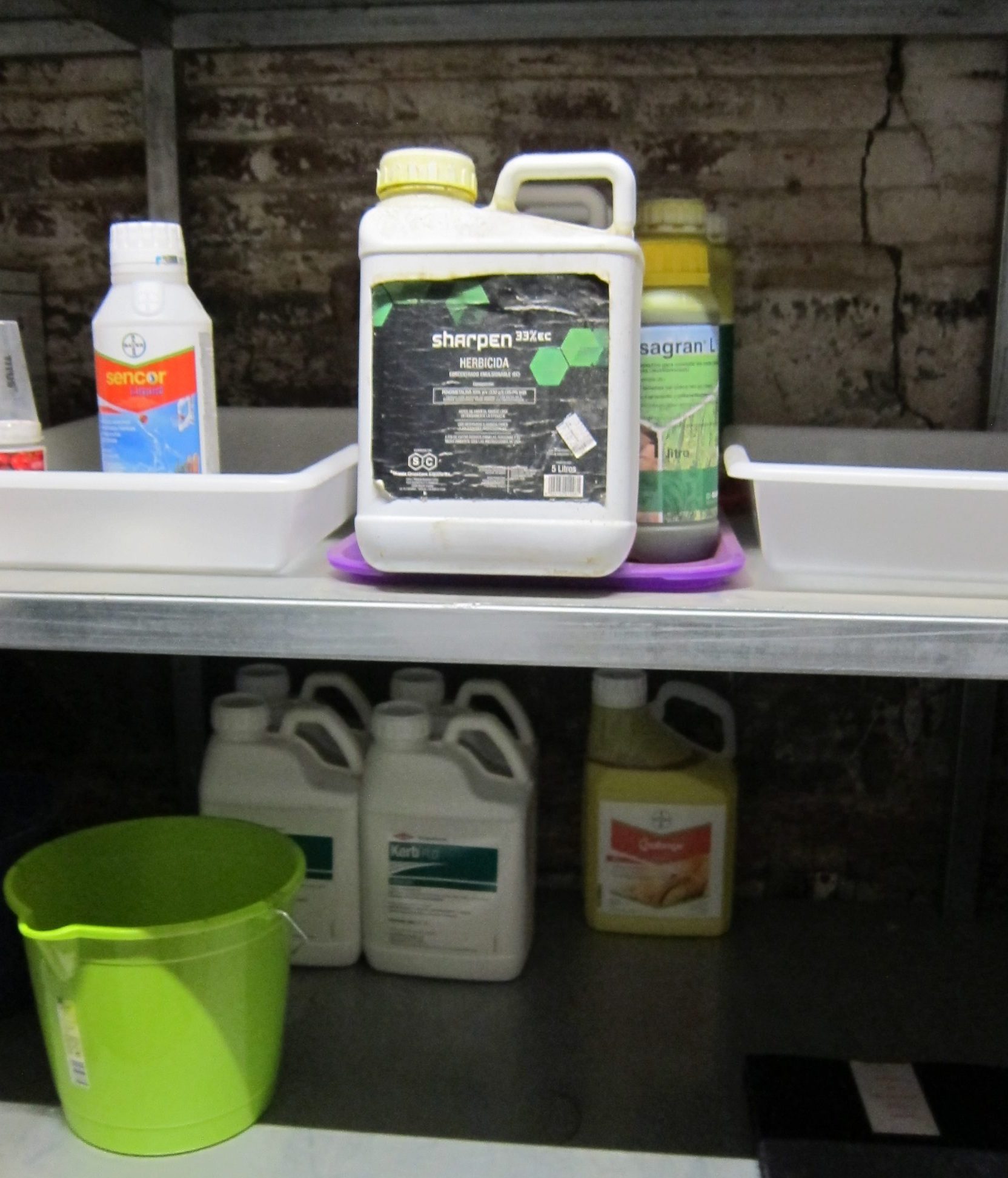
Pesticides. Photo by the author.
Pesticides can be considered active agents in shaping agrarian processes, for example, by allowing the expansion of plantations, doing war over illegal crops and criminalized communities, shaping farm economies, or changing the social status of farmers.
Diminishing their availability contributes to destabilizing regions’ agrarian, social, and economic dynamics. Because of their materiality, and the complex ecologies in which exposure occur, pesticides interact with people and environments in such a way as to create uncertainty, reinforcing scientific knowledge over different kinds of evidence.
In the session we organized at DOPE 2022, Brian and I aimed at connecting historical and contemporary political ecologies of pesticides with work anticipating contemporary shifts (e.g., regulation changes, shifts in political agendas, emerging technologies).
The result was an engaging session bringing together political ecologists working to understand and address the socially-uneven more-than-human dynamics of chemicals and regulatory regimes through innovative theoretical and empirical lenses.
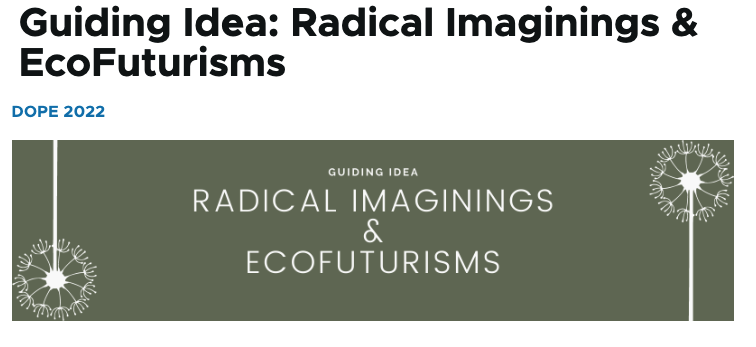
In order to continue and expand the conversation started at DOPE, participants were invited to write a piece for Undisciplined Environments. Starting from this week, these articles will be published on this blog as a series, by the title Political Ecology of Pesticides. The series will run through several months.
Contributors include: Grettel Navas (Universitat Autònoma de Barcelona); Lucía Argüelles (Universitat Oberta de Catalunya); Brian Williams (Mississippi State University); José Ramón Bertomeu (Universitat de Valencia); Caitlyn Sears (SUNY Buffalo); and Natalia Duong (Pomona College).
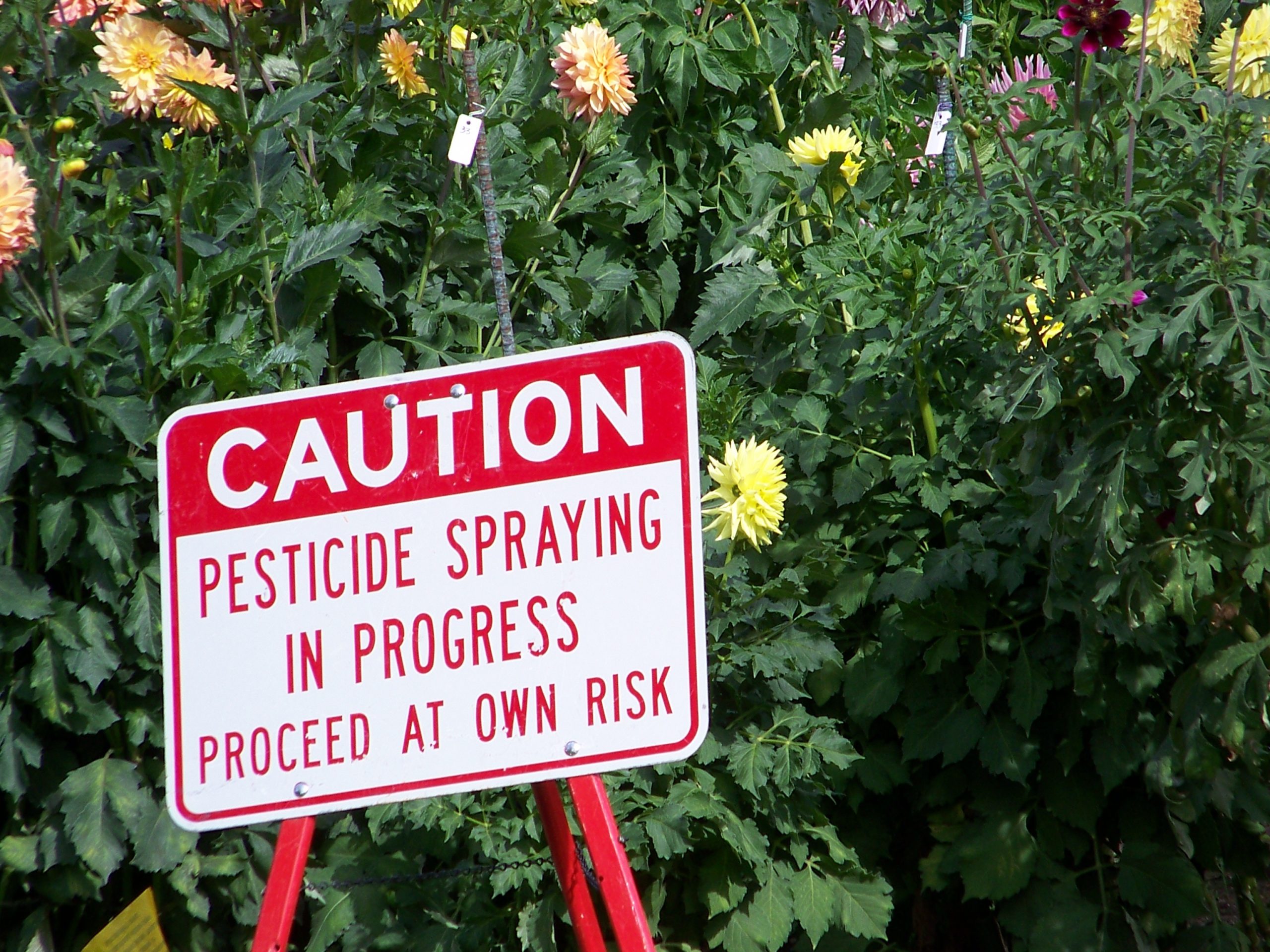
Photo by JETSANDZEPPELINS at FLICKR.COM
Lucia Argüelles is a researcher at the Universitat Oberta de Catalunya. Her current work examines the political ecology of weeds in agriculture, including how weeds are imbricated with broader agrarian processes such as pesticide use or agriculture digitalization.
Relevant works
Argüelles, L., & March, H. (2021). Weeds in action: Vegetal political ecology of unwanted plants. Progress in Human Geography, 030913252110549. https://doi.org/10.1177/03091325211054966
Galt, R. E. (2008). Beyond the circle of poison: Significant shifts in the global pesticide complex, 1976–2008. Global Environmental Change, 18(4), 786–799. https://doi.org/10.1016/j.gloenvcha.2008.07.003
Galt, R. E. (2013). From Homo economicus to Complex Subjectivities: Reconceptualizing Farmers as Pesticide Users. Antipode, 45(2), 336–356. https://doi.org/10.1111/j.1467-8330.2012.01000.x
Guthman, J. (2017). Life itself under contract: Rent-seeking and biopolitical devolution through partnerships in California’s strawberry industry. The Journal of Peasant Studies, 44(1), 100–117. https://doi.org/10.1080/03066150.2016.1217843
Guthman, J. (2019). Wilted: Pathogens, chemicals, and the fragile future of the strawberry industry. University of California Press.
Hetherington, K. (2020). Agribiopolitics: The health of plants and humans in the age of monocrops. Environment and Planning D: Society and Space, 38(4), 682–698. https://doi.org/10.1177/0263775820912757
Shattuck, A. (2021). Toxic Uncertainties and Epistemic Emergence: Understanding Pesticides and Health in Lao PDR. Annals of the American Association of Geographers, 111(1), 216–230. https://doi.org/10.1080/24694452.2020.1761285
Werner, M., Berndt, C., & Mansfield, B. (2021). The Glyphosate Assemblage: Herbicides, Uneven Development, and Chemical Geographies of Ubiquity. Annals of the American Association of Geographers, 1–17. https://doi.org/10.1080/24694452.2021.1898322


